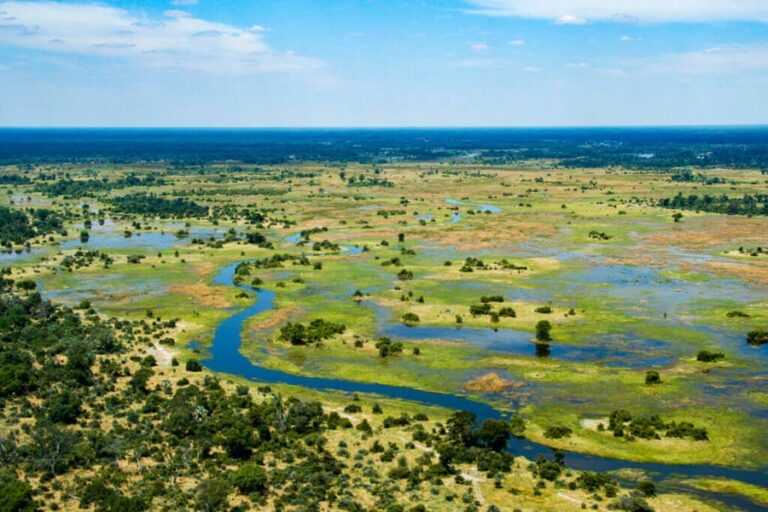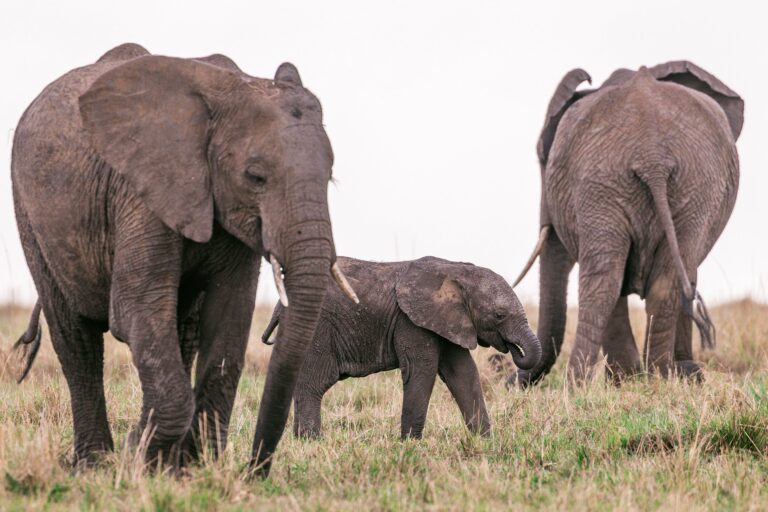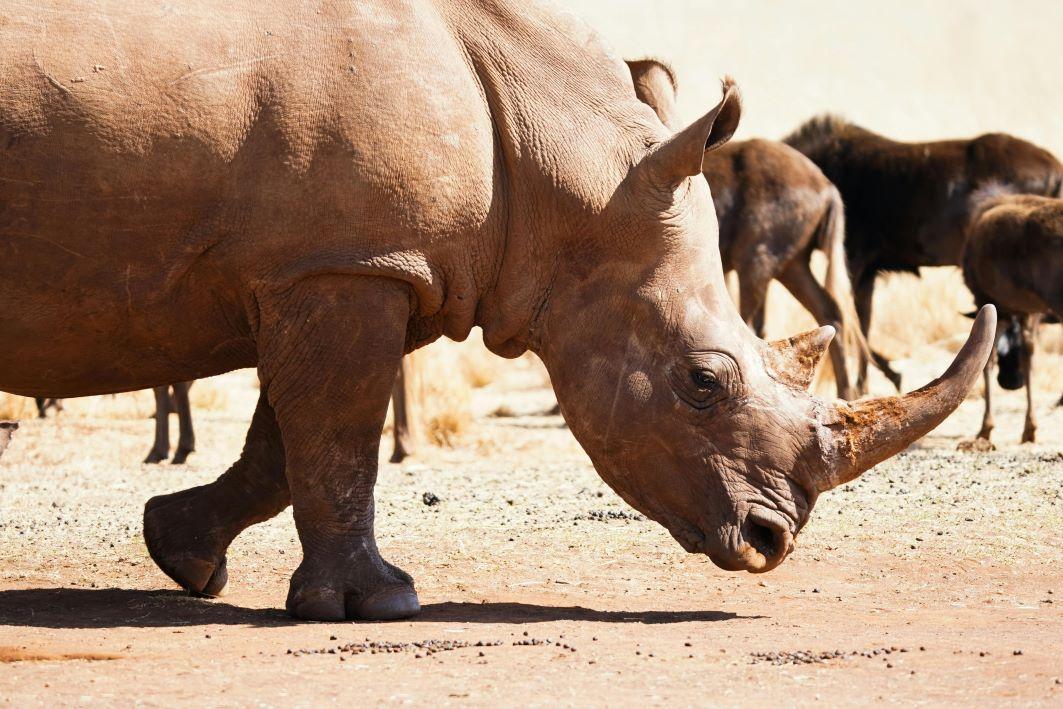Safari hunting in Botswana is not just about the thrill of the chase; it is a carefully regulated practice designed to balance wildlife conservation with economic benefits for local communities. For hunters and enthusiasts, understanding the regulations and ethical considerations is key to participating responsibly and sustainably. This guide provides an in-depth look at how safari hunting in Botswana is governed and why ethical practices matter.
[DYNAMIC-BLOGTABLEOFCONTENT]
The Framework of Safari Hunting in Botswana
Botswana has established itself as a leader in sustainable hunting practices. With strict regulations and a focus on conservation, the country ensures that hunting contributes positively to its ecosystems.
Key Regulations for Safari Hunting
- Permits and Licensing:
- Hunters must obtain government-issued permits for specific species.
- Only licensed outfitters and guides can conduct hunting operations.
- Species Quotas:
- Annual hunting quotas are determined based on scientific data.
- Quotas aim to protect breeding populations and prevent overhunting.
- Designated Hunting Areas:
- Hunting is restricted to specific game reserves and concessions.
- These areas are carefully managed to support wildlife populations.
- Weapon Restrictions:
- Only approved firearms are allowed for hunting.
- Minimum calibre requirements ensure humane kills.
Monitoring and Enforcement
Botswana’s wildlife authorities work closely with outfitters to monitor hunting activities. Infractions, such as hunting without a permit or exceeding quotas, carry severe penalties, including fines and imprisonment.

The Role of Ethics in Safari Hunting
Ethical hunting goes beyond compliance with regulations. It emphasises respect for wildlife, local communities, and the environment.
Principles of Ethical Hunting
- Fair Chase:
- Hunters must avoid practices that give an unfair advantage, such as baiting or hunting from vehicles.
- Humane Practices:
- Quick and precise shot placement is essential to minimise animal suffering.
- Conservation Support:
- Ethical hunters contribute to conservation initiatives through fees and advocacy.
- Community Engagement:
- Supporting local economies and respecting cultural traditions is a cornerstone of ethical hunting.
The Benefits of Ethical Safari Hunting
- Wildlife Management: Ethical hunting helps control overpopulated species, reducing pressure on habitats.
- Economic Impact: Hunting fees support community projects, healthcare, and education.
- Conservation Funding: Revenue funds anti-poaching efforts and habitat preservation.
Challenges in Regulating Safari Hunting
While Botswana’s model is widely regarded as a success, it is not without challenges. Addressing these issues is crucial for maintaining the balance between conservation and hunting in Botswana.
1. Public Perception
Hunting often faces criticism from those who view it as incompatible with conservation. Raising awareness about its benefits and the strict regulations in place is essential to changing these perceptions.
2. Illegal Hunting and Poaching
Unregulated hunting undermines conservation efforts and tarnishes the reputation of legal hunting practices. Botswana’s authorities continue to combat poaching through enhanced monitoring and community involvement.
3. Climate Change
Shifting weather patterns and habitat changes affect wildlife populations, requiring adaptive management strategies.

How to Ensure a Responsible Safari Hunting Experience
Hunters can play a significant role in upholding Botswana’s commitment to sustainable hunting by following these guidelines:
1. Choose Reputable Outfitters
Work with licensed professionals who prioritise ethical practices and community engagement. Reputable outfitters provide transparent information about their operations and conservation contributions.
2. Understand Local Regulations
Take the time to familiarise yourself with Botswana’s hunting laws and ensure full compliance.
3. Engage with Local Communities
Respect the traditions and livelihoods of the people living near hunting areas. Participating in community projects can enhance the positive impact of your trip.
4. Support Conservation Initiatives
Consider donating to or volunteering with organisations that protect Botswana’s wildlife. Your contributions help ensure the long-term sustainability of hunting practices.
Case Studies: Success Stories in Safari Hunting
1. Chobe National Park
While primarily known for photographic safaris, regulated hunting in buffer zones has helped control elephant populations, reducing human-wildlife conflict.
2. Okavango Delta
Hunting revenue from this region funds anti-poaching units and wetland conservation projects, ensuring the preservation of its unique ecosystem.
3. Kalahari Concessions
Private concessions in the Kalahari provide exclusive hunting experiences while supporting habitat restoration and local employment.
The Future of Safari Hunting in Botswana
Botswana’s approach to safari hunting is constantly evolving. Collaboration between government agencies, conservationists, and hunters ensures the practice remains sustainable and ethical.
Emerging Trends
- Technology in Conservation: Using drones and GPS tracking to monitor wildlife populations.
- Community-Led Conservation: Increasing local involvement in wildlife management decisions.
- Education and Advocacy: Promoting the benefits of regulated hunting to global audiences.
Conclusion
Regulated and ethical safari hunting in Botswana is a vital tool for wildlife conservation and community development. By adhering to strict regulations and ethical principles, hunters can enjoy a meaningful experience while contributing to the preservation of Africa’s unique ecosystems. With ongoing efforts to address challenges and improve practices, Botswana remains a leading example of how hunting and conservation can coexist responsibly.
